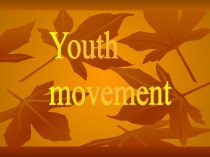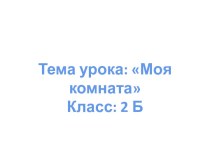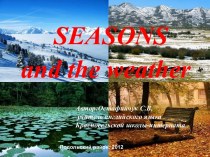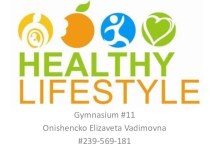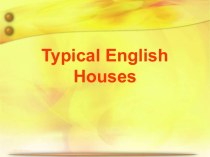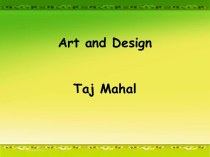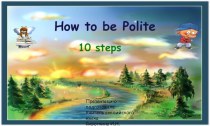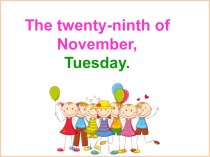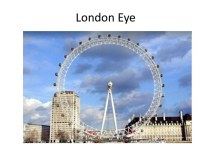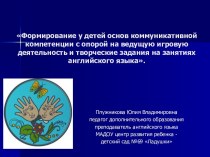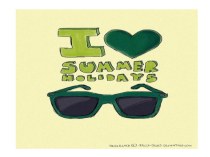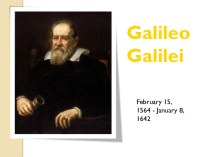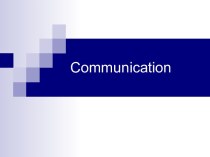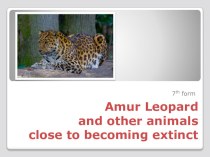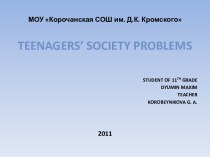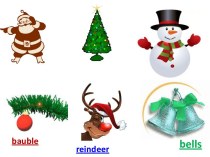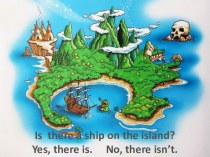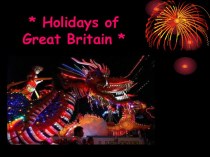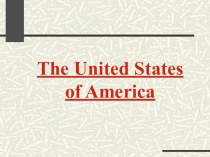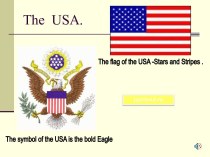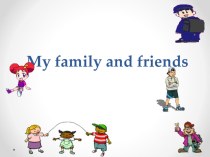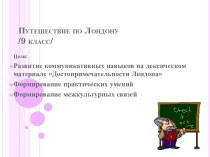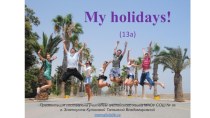noun can be:
You can use a/an with singular
countable
nouns:a sofa a pupil a stick
You cannot use a/an with uncountable
nouns: sand salt pepper
But you can use a … of:
a drop of water a game of golf
You can use plural countable nouns
alone: I like plums.
Letters will be received.
You can use uncountable nouns
alone (without the/my/some etc.):
People need salt.
They still don’t have electricity.
You can use some and any with plural
countable nouns: I got some keys.
Did you see any birds outside?
You can use some and any with
uncountable nouns:
They gave some blood. We don’t have
any space left.
We use many and few with plural
countable nouns:
We didn’t have many pictures.
I have a few papers to sign.
We use much and little with
uncountable nouns:
We have much work to do.
They had a little petrol left.
?



















